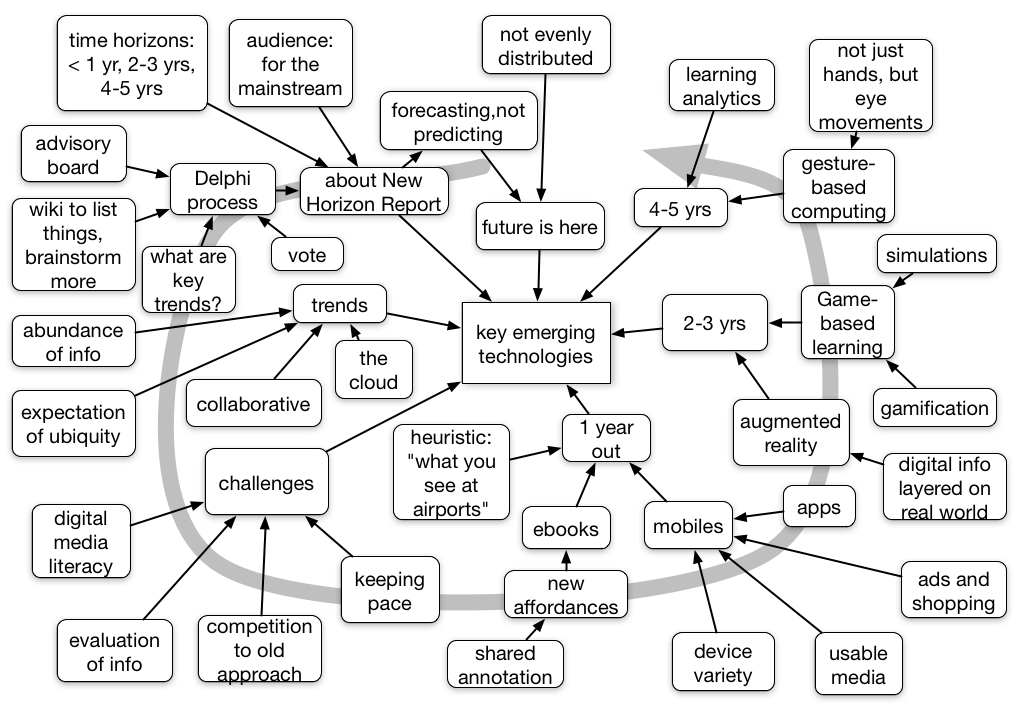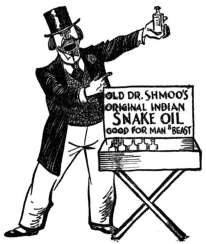On principle (and for pragmatic reasons), I regularly think about how to define what I do, and to look for areas that are related. As a consequence, I wonder if there’s another area I’m falling into, and more importantly, an interesting intersection that might warrant some exploration.
With my ITA colleagues, I’ve been looking at how to help organizations broaden the scope of the learning function to include informal and social learning, and leverage them to make organizations more successful. And, given that it’s not about the technology, it ends up being a lot about how to create environments where social media can be used effectively. This led me to wonder what was the proper category for that work. Is it business information systems? However, that seems largely to be about databases. Is it industrial/organizational psychology? That largely seems too focused on the individual, and on psychometrics. That’s when I looked into organizational development (OD; as our associate, Jon Husband has champions with his wirearchy work).
If you read the definition of OD, you see “effort to increase an organization’s effectiveness and viability”. That’s largely what we’re on about, too. As the Working Smarter Fieldbook says: “We foresee a convergence of the ‘people disciplines’ in organizations. As the pieces of companies become densely interconnected, the differences between knowledge management, training, collaborative learning, organization development, internal communication, and social networking fade away.” However, some of these fields are reasonably technology savvy, while others are more focused effective people processes.
As I look through the suite of approaches that OD takes, it feels very familiar. Workshops, facilitations, the interventions used resonate very comfortably with what I’ve used and seen work. The goals are also very similar. However, I don’t see a lot of awareness or interest in technology. I’m wondering if I’m missing a huge swath of work in leveraging technology to facilitate organizational development. Or whether there’s a need and opportunity to start some cross-talk and look at the intersection for opportunities to leverage technology as a tool to increase an organization’s effectiveness and viability. Kevin Wheeler, who’s organizing the talent event I’m presenting at in Sydney and has background in OD, opted for the latter. What do you think?

